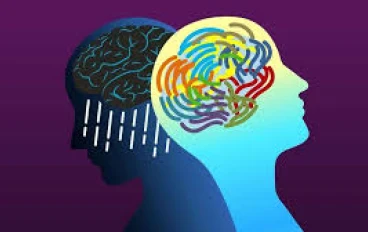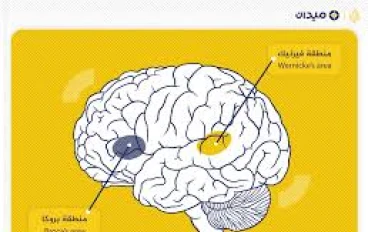
Why Emotional Intelligence Is Key to Success in Modern Life
The Importance of Emotional Intelligence in Modern Life
In today's fast-paced and interconnected world, emotional intelligence (EI) has emerged as a critical skill for personal and professional success. Unlike traditional intelligence measured by IQ tests, EI focuses on an individual’s ability to understand, manage, and influence emotions, both their own and those of others. This unique skill set plays a pivotal role in fostering healthy relationships, effective communication, and resilience in the face of challenges.
?What is Emotional Intelligence
Emotional intelligence, a concept popularized by psychologist Daniel Goleman, encompasses several key components:
Self-awareness: The ability to recognize and understand one's emotions and how they impact behavior and decision-making.
Self-regulation: Managing emotions in a healthy way, avoiding impulsive actions, and staying adaptable in changing circumstances.
Empathy: Understanding and sharing the feelings of others, which fosters deeper connections and mutual respect.
Social skills: Building and maintaining relationships through effective communication, teamwork, and conflict resolution.
Motivation: The drive to achieve goals and maintain a positive outlook despite setbacks.
Together, these elements form the foundation of emotional intelligence and provide a framework for navigating the complexities of human interaction.
Emotional Intelligence in the Workplace
In professional environments, EI is often regarded as more important than technical skills or academic achievements. A manager with high emotional intelligence, for instance, can lead a team effectively by understanding the diverse emotional needs of its members. Such leaders can defuse tensions, foster collaboration, and inspire loyalty.
Similarly, employees who demonstrate EI are better equipped to handle criticism, adapt to new roles, and maintain productivity under pressure. In industries that require frequent client interactions, such as healthcare, education, and customer service, emotional intelligence can make the difference between success and failure.
Emotional Intelligence in Personal Life
Outside the workplace, emotional intelligence is equally vital. It enhances personal relationships by promoting empathy, active listening, and emotional support. A high EI enables individuals to resolve conflicts constructively, express themselves authentically, and cultivate trust.
Moreover, emotionally intelligent individuals are often more self-aware and capable of managing stress. They approach challenges with a balanced perspective, reducing the likelihood of burnout or strained relationships. This resilience is particularly valuable in times of crisis, where emotional stability can provide strength and clarity.
?Can Emotional Intelligence Be Developed
The good news is that emotional intelligence is not fixed; it can be cultivated over time. Here are some practical steps to improve EI:
Practice mindfulness: Regularly reflecting on your emotions and their triggers can enhance self-awareness.
Seek feedback: Constructive input from others can help you identify blind spots in your emotional responses.
Develop empathy: Actively listening to others and considering their perspectives can deepen your understanding of their emotions.
Strengthen communication: Practice expressing your thoughts and feelings clearly while respecting others' viewpoints.
Learn to manage stress: Techniques like meditation, journaling, or physical activity can improve emotional regulation.
Emotional Intelligence and Society
On a broader scale, emotional intelligence contributes to a more harmonious society. Leaders with high EI are better equipped to navigate complex social issues, mediate disputes, and build inclusive communities. In families, schools, and organizations, fostering emotional intelligence creates environments where individuals feel valued, understood, and empowered.
Conclusion
Emotional intelligence is a cornerstone of modern life, influencing every aspect of our interactions and well-being. By investing in its development, individuals can unlock their potential to connect meaningfully with others, overcome obstacles, and lead fulfilling lives. In an age where human connection is more important than ever, emotional intelligence is not just an asset but a necessity.
































